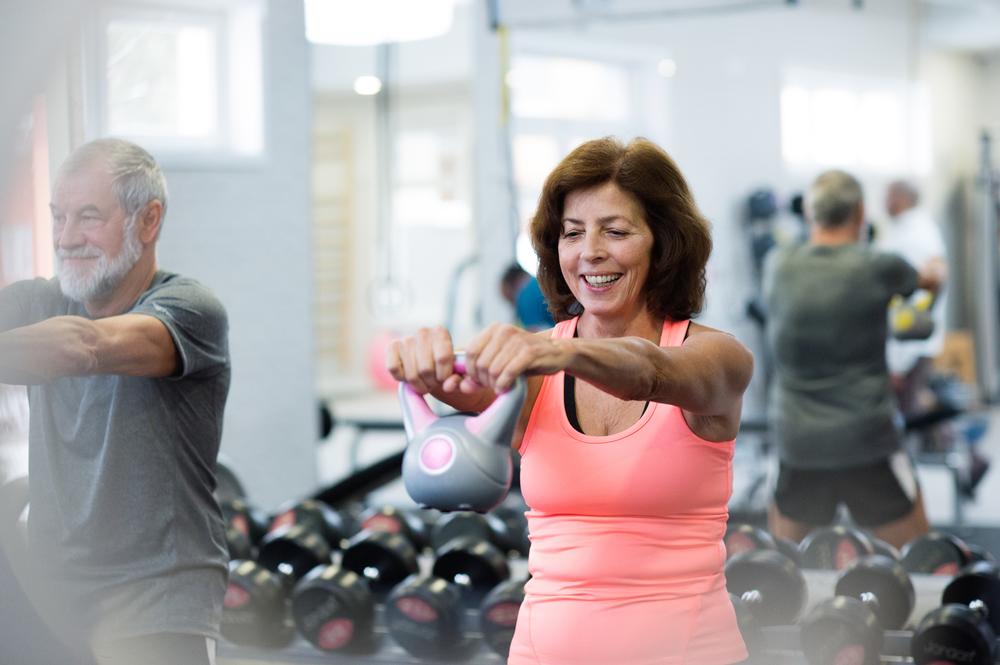Exciting new plans will see the establishment of a National Academy of Social Prescribing under the leadership of Helen Stokes-Lampard, former chair of the Royal College of GPs. The academy will receive initial backing of £5.65m from various parts of government.
In launching the initiative, current health minister, Matt Hancock, said he wants everyone to have access to social prescribing in the same way they do medical care: “This academy is... about all of us in health, arts, culture, sport and communities coming together around one simple principle: prevention is better than cure,” he explained.
Primary care networks will each get funding to employ one social prescriber – or ‘link worker’ – under the plans. Industry advocate, Sir Muir Gray, has suggested they should act as a bridge between the worlds of medicine and activity.
The academy will harness the power of a range of sectors to change people’s lives and we must continue to fight to prove the efficacy of exercise referral to ensure we can play our part.
The need for a robust, expert approach is underpinned by research by James Steele et al at the ukactive Research Institute – just published in the BMJ’s Journal of Epidemiology and Community Health – which, disappointingly, found improvements associated with exercise referral aren’t as large as hoped.
However, although this negative outcome is the top-line finding of the study, closer scrutiny shows key areas, such as the impact of exercise on mental health, suffered from a lack of a joined-up approach, with different schemes using different measures.
The study also found that “referral schemes varied considerably in length and content, as did the characteristics of the participants,” saying, “It’s not clear which combination of activities and length of scheme might be most effective, or for whom.” There were also “considerable differences in outcomes between schemes.”
In their overview, researchers said: “These findings support the need to consider exercise referral schemes and their implementation more critically, using real-world data to understand how best to maximise their potential, particularly considering the known benefits of exercise and the reach of referral schemes across the UK.”
All this must be tightened up if we are to ensure the activity community is included in relevant areas of social prescribing.
Earlier this year, ukactive called for the establishment of a National Referral Database to collect evidence relating to outcomes for patients, both before and after their participation in all kinds of exercise referral schemes. The aim being to inform policy and ensure schemes deliver the results needed.
The creation of a robust framework like this is vital, as it would enable us to pin down what works and ensure we make it available to everyone who needs it.
We’ve been fighting to be part of this work for decades and it would be a real coming of age for our industry if we could really step up now and join the team.
























































